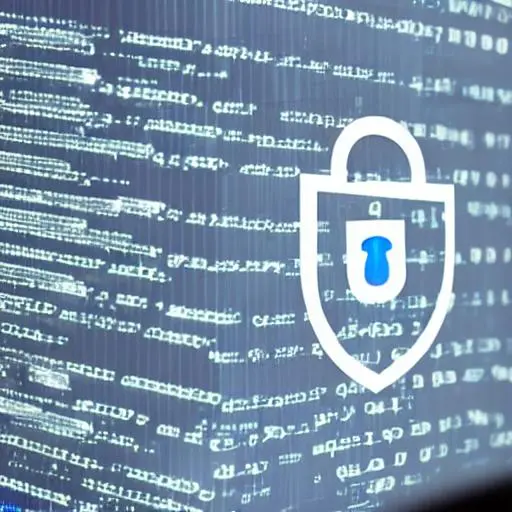As there has been a lot of talk about artificial intelligence technologies and some experts are worried that criminals may try to use AI skills for their own gain, the Biden administration is pushing to implement a new national security policy aimed at deterring hackers.
According to U.S. security authorities, one goal of the government policy is to divert attention from the victims of cybercrime. Post-mortem analyses frequently concentrate on the target’s susceptibility to hacking; however, if the target is a rural hospital, for instance, there may be restrictions on what that facility can do to defend against bad actors, particularly those supported by foreign governments.
The new strategy is instead focused on enhancing the public-private partnerships that encourage security companies to share their knowledge about hacker networks in order to prosecute them.
In particular, with AI bringing new security challenges, experts told that emerging technologies may test the strategy’s viability in the future.
According to Ari Jacoby, a tech executive who has concentrated on utilizing AI to fight fraud, the advantages found in AI tools like ChatGPT from research center OpenAI, which generates human-like responses to queries presented by a user, are open to malicious exploitation.
According to Jacoby, given the wealth of publicly accessible material on software engineering, hackers may create or improve dangerous computer code using chatbots.
It is absolutely prohibited to utilize ChatGPT to create malware, produce offensive or dangerous content, or engage in fraudulent behavior, according to OpenAI’s user policy. The issue is whether tech companies can enforce these laws as AI technology grows.
Jacoby continued, The ChatGPTs of the world, who do way more good than harm, make available tools that can generate software code that would have taken a bad actor or a bad network perhaps days or weeks to run.
Bad actors may try to produce a lot of phishing emails that lure recipients into installing malware or divulging personal financial information rather than utilizing ChatGPT to find inspiration for recipes or to write routine business emails.
As an alternative, Jacoby suggested that comparable techniques that are used to examine and evaluate trends in huge data sets may be utilized to combat fraud. For instance, credit card firms could profit by being able to spot irregularities in a customer’s behavior to evaluate the validity of purchases.
They are incredibly intelligent, well-equipped, and well-funded, according to Jacoby. They have a wide range of AI tools available to them.
Check Point Research, a cybersecurity company, has looked into underground hacker networks and found online forums where new hacking tool concepts were explored, including one thread titled “ChatGPT – Benefits of Malware.”
According to the author, they were using ChatGPT to try to construct harmful computer code using research from hacking papers.
Although the Biden administration’s approach avoids delving into the specifics of cutting-edge technology, such artificial intelligence, it is made to be flexible enough to take into account new advancements in the quickly shifting cybersecurity scene.
In a forum discussion of the strategy last week, acting National Cyber Director Kemba Walden said, These are multi-year efforts that are going to uncover holes and where Lawmakers will then need to lean in to aid us get to where we need to go. Not just one movement, but a whole symphony.
She continued, This is a continuous process.
Walden stressed the crucial part cloud computing service providers play in data security as a “force multiplier” for first responders to cyber threats.
For instance, Google Cloud offers a range of data storage and website hosting services. The corporation’s acquisition of cybersecurity company Mandiant last year strengthened its capacity to protect its networks.
Stacy O’Mara, who oversees government partnership and strategy at Mandiant, stated that everyone has a shared responsibility in this situation. She believe that is the strategy’s goal—to strengthen the idea of a shared defense
We still have a long way to go, but the administration’s efforts are encouraging, according to O’Mara.








